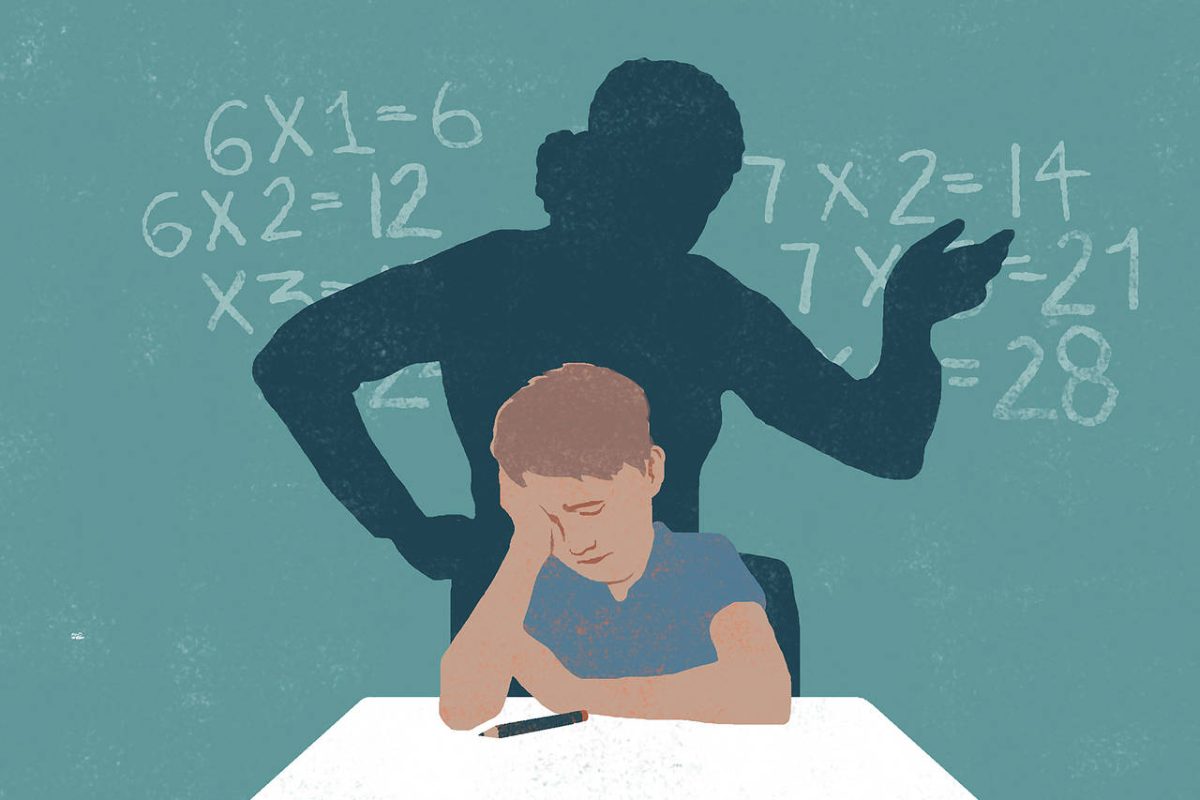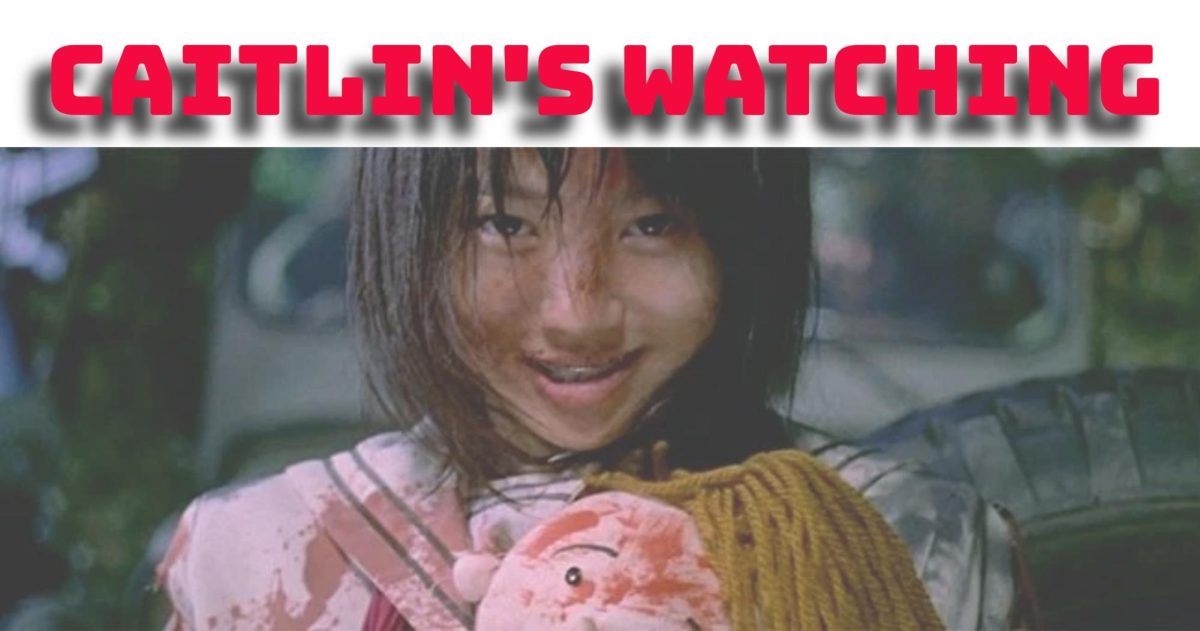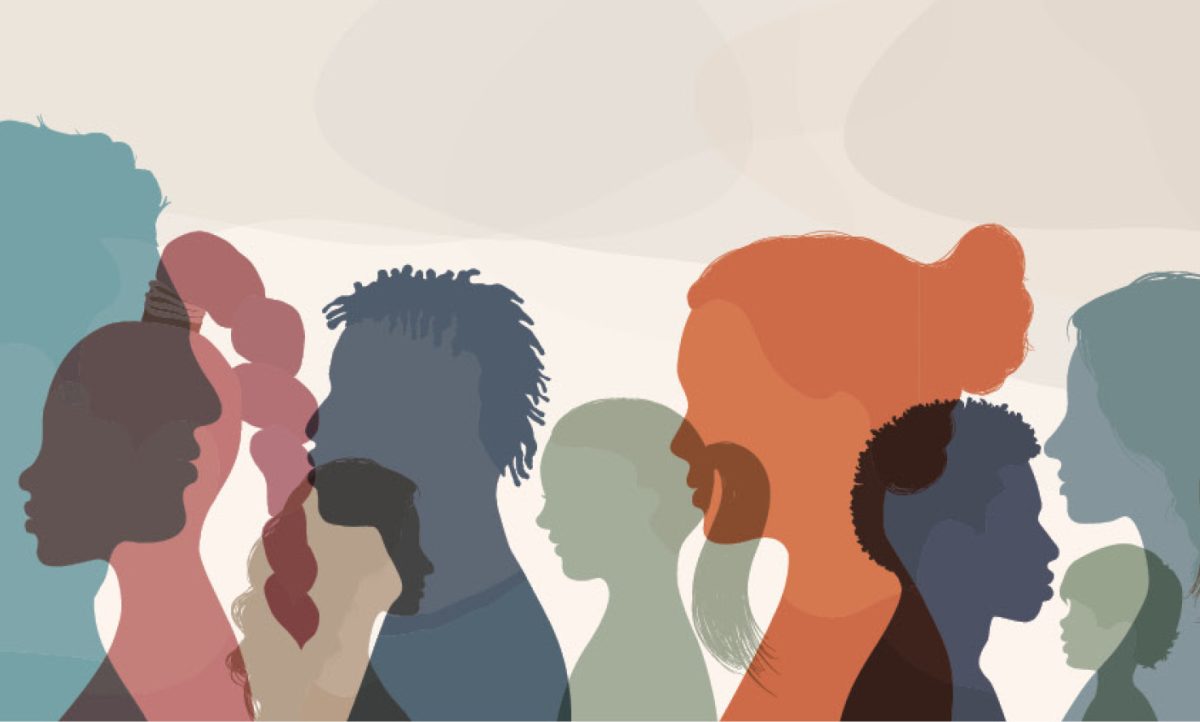Teachers are probably some of the most important people in the world. Aside from parents, teachers are responsible for educating students and making sure they are responsible and respectful human beings. A lot of teachers are very good at their job, but what about the bad teachers? How do they affect students?
A student’s life is heavily impacted by their teachers, and depending on whether or not they are a good teacher, the impacts on a student’s life can either be very positive or very negative. According to stageoflife.com, about 64.5% of teens nationwide say that a teacher has left detrimental effects on them. Negative impacts from a teacher can turn learning into something dreadful and can make a student’s school experience unexciting, boring, and even sad. It makes students lose their interest in their academic life and can start making it hard for them to grasp onto the concepts and lessons that they are supposed to be learning.
Eventually, students will start losing their confidence due to them not being able to understand the material due to the teacher’s poor teaching skills. Ineffective teachers make students not want to go to school and/or ditch classes. Ineffective teachers make students feel like they are not worth it, or even if students are trying their best, it doesn’t matter because at the end of the day their efforts will never be good enough.
Some students on Hoover High School’s campus have trouble feeling like they fit into the environment or have trouble being able to focus in class because of their teacher’s bad methods for teaching or simply because of their horrible attitudes towards their students. Some students have been called “dumb” or “stupid” and feel alienated.
According to the California Education Code 201:
(a) All pupils have the right to participate fully in the educational process, free from discrimination and harassment.
(b) California’s public schools have an affirmative obligation to combat racism, sexism, and other forms of bias, and a responsibility to provide equal educational opportunity.
(c) Harassment on school grounds directed at an individual on the basis of personal characteristics or status creates a hostile environment and jeopardizes equal educational opportunity as guaranteed by the California Constitution and the United States Constitution.
(d) There is an urgent need to prevent and respond to acts of hate violence and bias-related incidents that are occurring at an increasing rate in California’s public schools.
(e) There is an urgent need to teach and inform pupils in the public schools about their rights, as guaranteed by the federal and state constitutions, in order to increase pupils’ awareness and understanding of their rights and the rights of others, with the intention of promoting tolerance and sensitivity in public schools and in society as a means of responding to potential harassment and hate violence.
Teachers need to understand that they play a huge and fundamental role in our everyday lives and it all starts with them. A good teacher makes for a good environment, which will make for a great human being. But if a teacher is biased and discriminatory, students and parents have a right to file a complaint with the district, state and/or federal department of education offices.








